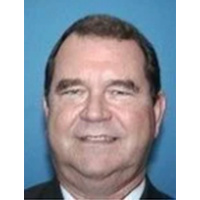Kennedale Trusts Lawyer, Texas
Sponsored Law Firm
-
 x
x

Click For More Info:
-
Andrew V. Howard, PC
1717 Mckinney Ave Suite 700 Dallas, TX 75202» view mapAccident & Injury Experience You Can Trust
Attorney Andrew Howard is dedicated to protecting the rights of his clients and will stop at nothing to ensure they are treated fairly in court.
214-226-1848
John L. Barnes
✓ VERIFIEDEstate, Estate Planning, Wills & Probate, Trusts
Over 30 years of experience in providing individualized legal services. Fishing is one of my favorite activities. Fly fishing is my preferred metho... (more)
Joel T. Sawyer
Wills, Wills & Probate, Trusts, Family Law
Status: In Good Standing Licensed: 37 Years
 Andrew Howard Dallas, TX
Andrew Howard Dallas, TX

